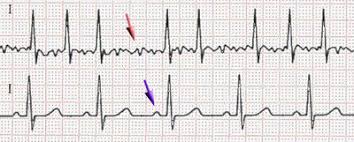Author Interviews, Opiods / 25.06.2021
Declines, but pronounced regional differences, in meperidine (Demorol) use
MedicalResearch.com Interview with:
John Boyle, BS
Department of Medical Education
Geisinger Commonwealth School of Medicine
MedicalResearch.com: What is the background for this study?
Response: Meperidine is an opioid analgesic which has been approved for use since the 1940s for moderate to severe pain. During the 1990s, concerns about adverse effects (e.g., serotonin syndrome) and CYP450 drug interactions (e.g., 3A4 inhibition of other metabolism of other common medications) were raised and by 2003 it was removed from the WHO’s List of Essential Medicines.
Despite increased awareness of adverse effects, meperidine is still used in the United States. It was the goal of this study1 to uncover pharmaepidemiological trends in its use.
(more…)



